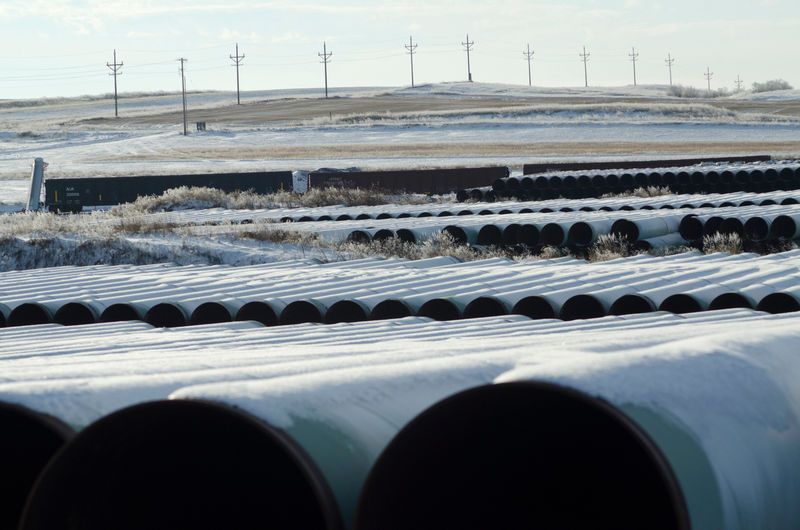(Bloomberg) -- The oil pipeline that Canadian Prime Minister Justin Trudeau’s government approved on Tuesday is slated to start shipping crude as early as 2022 and cost more than C$7.4 billion ($5.6 billion) after legal delays hampered the construction process.
The Trans Mountain expansion, which would carry 590,000 more barrels of crude from Alberta’s oil sands to a port in Vancouver, was delayed for eight months as the federal government conducted additional environmental reviews and consultations with indigenous groups. That setback added more than a year to the project’s timeline as windows for sensitive steps such as work around fisheries were missed, Trans Mountain Chief Executive Officer Ian Anderson said on a conference call.
“We all know that time is money and delays are going to push up costs,” Anderson said, without providing more specific estimates. The 2022 target assumes that “all goes well” on the regulatory and construction fronts and that work begins in September of this year, Anderson said.
The Trans Mountain expansion has been highly anticipated by the Canadian energy industry, which has been hamstrung by a lack of pipeline space that has weighed on local crude prices and choked off production increases. The project also has been a top target of environmentalists, indigenous groups and the British Columbia government and may face additional legal challenges.
For Trudeau, Tuesday’s decision to proceed with the project was a risky move that could alienate pro-environment voters, a key block for his Liberal Party, while doing little to win him support in staunchly Conservative Alberta. But Trudeau has made balancing the economy and the environment a centerpiece of his term in office, and Finance Minister Bill Morneau spoke in Calgary on Wednesday to play up the government’s support for the oil industry and its efforts to develop solutions to human-caused climate change.
As part of the approval, the government pledged to spend the profits from the pipeline on clean-energy projects.
“This approval is important,” Morneau told reporters after his speech in Calgary. “It will allow us to fund a transition to a cleaner economy over time, it will allow us not to take a discount for our resources, and that increased economic advantage can be to the benefit of all Canadians.”
